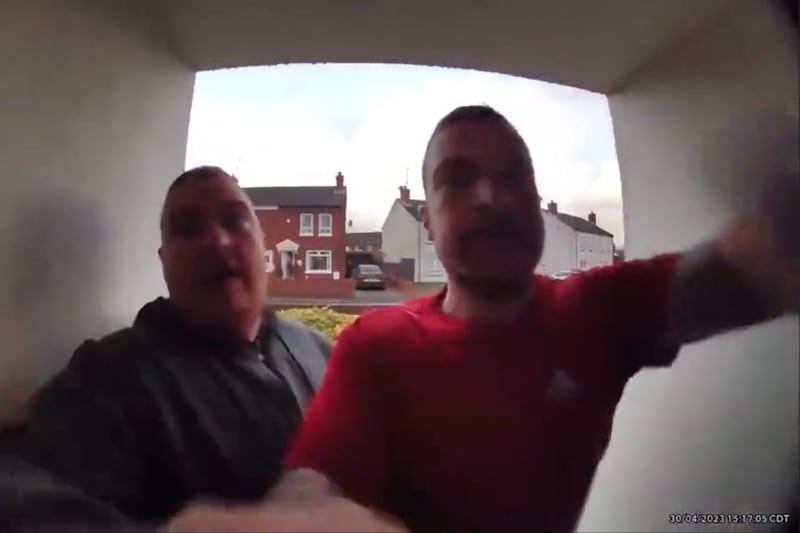It is both depressing and disturbing that some elements in our society seek to add to the suffering of bereaved families by gloating over the murders of fellow human beings.
There was outrage last year when a banner in memory of UVF killer Wesley Somerville went up in the Co Tyrone town of Moygashel. Somerville was killed with another loyalist when their bomb exploded prematurely during the Miami Showband massacre.
Now a poster bearing the image of notorious loyalist Billy Wright, erected in the Eastvale Avenue area of Dungannon, has caused further controversy.
This banner bears the words `In proud memory of Brigadier Billy Wright' and includes the quotation: ``I would look back and say Cappagh was probably my best.''
This comment is believed to refer to the murders of four men - three of them members of the IRA - at Boyle's Bar in Cappagh, Co Tyrone in March 1991.
It is important for those seeking to glorify murder to understand how these displays impact not just on the wider community and efforts to build a peaceful and stable society, but on the families of those who lost their lives during the Troubles.
Yesterday marked the twentieth anniversary of the murder of Lurgan taxi driver Michael McGoldrick.
The 31-year-old, a graduate of Queen's University with plans to become a teacher, was the father of a seven-year-old girl and his wife Sadie was six months pregnant with their son, Andrew.
At the height of the Drumcree dispute, he was shot dead by members of Billy Wright's renegade UVF unit. Loyalist Clifford McKeown, who was convicted of Mr McGoldrick's murder, carried out this crime as a `birthday present' for Wright.
Anyone tempted to glorify the actions of murderers should read the words of Michael McGoldrick's mother, Bridie.
In a moving interview with this paper, she describes the profound pain experienced by her family, of her husband's untimely death doing charity work and how she is sustained by continuing this work and by her deep faith.
Poignantly, she adds: ``What I wouldn't give for just one second with my boy, to put my arms around him.''
Anyone who has lost a loved one during our years of conflict will completely relate to Mrs McGoldrick's heartrending words.
The families who have lost so much deserve more than to see banners, posters or murals celebrating someone responsible for causing appalling misery and anguish.
The latest controversy is in relation to a loyalist display but it is also an issue for republicans.
Victims are entitled to expect that any paramilitary commemorations are conducted in a sensitive way which takes full account of their feelings.







